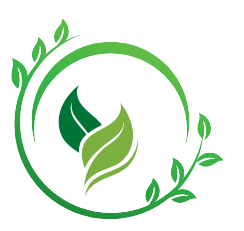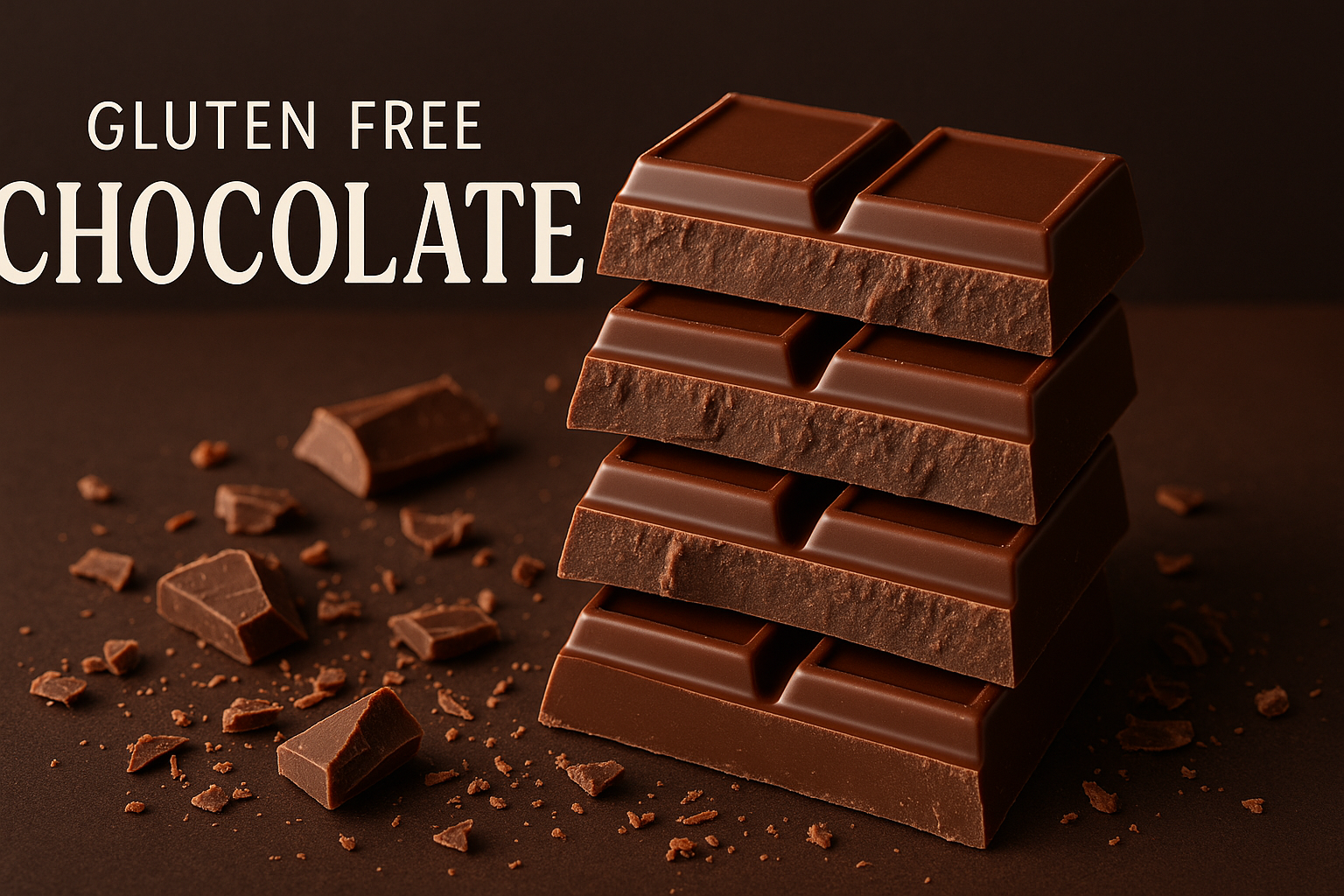Booger Sugar
“Booger sugar” is a slang term for cocaine, a powerful and illegal stimulant drug derived from the coca plant. The term is often used humorously or euphemistically to refer to the drug’s white, powdery appearance, which resembles sugar. However, cocaine is a highly addictive and dangerous substance linked to severe health risks, including heart attacks, strokes, and mental health disorders.
According to the National Institute on Drug Abuse (NIDA), cocaine was involved in nearly 24,000 overdose deaths in the U.S. in 2021. its street name downplays its risks, but the reality is far from harmless. The drug is classified as a Schedule II substance under the Controlled Substances Act, meaning it has a high potential for abuse despite limited medical uses.
What Is Booger Sugar?
this is a street name for cocaine, a stimulant drug extracted from the leaves of the Erythroxylum coca plant. Cocaine is known for its short-lived but intense euphoric effects, which include increased energy, confidence, and alertness. However, these effects come with dangerous side effects, such as high blood pressure, paranoia, and addiction.
Cocaine can be consumed in several forms:
- Powdered cocaine (snorted)
- Crack cocaine (smoked)
- Freebase (chemically altered for smoking)

Booger Sugar Meaning
The term “booger sugar” is a slang phrase that refers to cocaine. The name likely comes from:
- Its white, powdery texture, resembling sugar.
- The act of snorting it, which can irritate the nasal passages, leading to “boogers” (nasal mucus).
While the term may sound humorous, cocaine is far from a joke. The World Health Organization (WHO) states that long-term cocaine use can lead to severe nasal damage, heart disease, and neurological issues.
Booger Sugar 1000mg
A “booger sugar 1000mg” reference could imply a large dose of cocaine, but standard doses are far smaller. Typically:
- A single line of cocaine contains 20-30mg.
- A gram of cocaine (1000mg) is enough for multiple doses.
Consuming 1000mg (1 gram) at once is extremely dangerous and can lead to:
- Overdose (respiratory failure, seizures)
- Cardiac arrest
- Severe psychosis
Booger Sugar Energy
Many users take cocaine for its short-term energy boost. Cocaine blocks dopamine reuptake, leading to:
- Increased alertness
- Hyperactivity
- Reduced fatigue
However, this “energy” comes at a cost:
- Crash (extreme fatigue after effects wear off)
- Anxiety and paranoia
- Heart strain
Legal Cocaine
Is booger sugar (cocaine) legal? In most countries, no. However:
- Some South American countries allow coca leaf chewing (not refined cocaine).
- In the U.S., cocaine is a Schedule II drug—only allowed in rare medical cases (e.g., some anesthetics).
Legal alternatives do not exist—any claim otherwise is false and dangerous.
Booger Sugar Meme
this meme is an internet trend joking about cocaine use. While memes may seem harmless, they normalize drug use, which can be dangerous.
Harm reduction experts warn that joking about hard drugs can downplay their risks.
What Is Booger Sugar Slang?
part of a larger slang lexicon for cocaine, including:
- Blow
- Snow
- Yayo
- Coke
Slang terms often make drugs seem less harmful, but cocaine remains one of the most dangerous stimulants.

Is Cocaine Legal?
No, Booger Sugar is illegal in most countries.
- U.S.: Schedule II (high abuse potential)
- UK: Class A drug (strict penalties)
- Canada: Schedule I (illegal)
Possession can lead to prison, fines, and a criminal record.
How Can We Make Booger Suger?
Cocaine is derived from coca leaves, processed with toxic chemicals like gasoline, sulfuric acid, and acetone to create the final product.
Street cocaine is often cut with:
- Fentanyl (deadly opioid)
- Levamisole (veterinary drug)
- Baking soda or talc
Conclusion
it may sound funny, but cocaine is a deadly drug. With high addiction rates, legal consequences, and severe health risks, it’s not a substance to take lightly.




